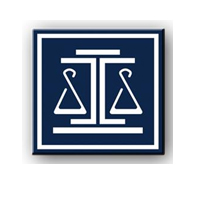Red Oak Juvenile Law Lawyer, Georgia
Sponsored Law Firm
-
 x
x

Click For More Info:
-
Stephen Law Firm LC
4411 Suawanee Dam Rd Suite 820 Suwanee, GA 30024» view mapCriminal Law Exceptional Representation
We are a general practice law firm with offices located in North and South Gwinnett.
800-871-0830
Ethenia F. King
Juvenile Law, International Other, Employee Rights, Family Law
Status: In Good Standing Licensed: 24 Years
Ryan Locke
Juvenile Law, Criminal, Personal Injury, Accident & Injury
Status: In Good Standing Licensed: 14 Years
FREE CONSULTATION
CONTACT Stephen Law Firm Suwanee, GA
Stephen Law Firm Suwanee, GA AboutStephen Law Firm LC
AboutStephen Law Firm LC Practice AreasSpecializations
Practice AreasSpecializations
